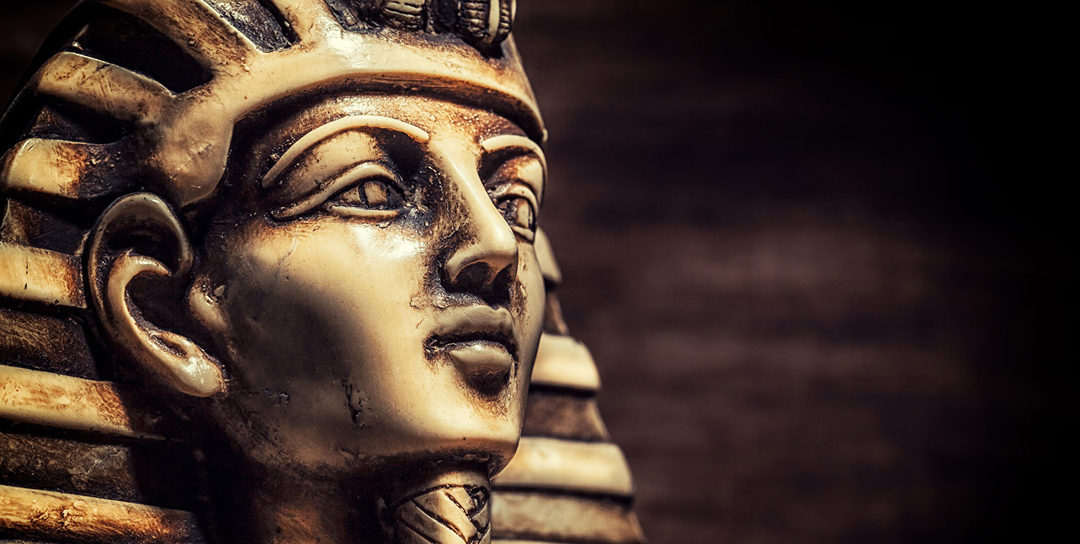I still fondly remember the countless times while growing up when I would rush to our basement to play video games with my brother. Mom would give us an hour or two to play after our chores were done, and during the summer we’d spend hours together having a great time. Well… mostly great. Some days were fun and we’d beat entire games only to replay them again and again, and other days it would be just me playing alone in the basement. On those days Jack would be gone somewhere and I’d try by myself to beat whatever game we had been playing.
And on some of those days I found that I couldn’t win. I couldn’t accomplish the goal of whatever game it was. Try and try as I might, I wasn’t good enough. I’d spend hours playing one part of a game over and over and every single time failing. Eventually Jack would come home and I’d ask my older brother to win the level for me. I would give him the spot where I was sitting so as to give him the best view of the TV. Sitting in my place, he would beat the challenges I couldn’t—almost with ease. My brother, acting on my behalf, would succeed where I had failed and his work would be credited to me in the video game.
Matthew 2:13-23 sets up the reader for the coming King who has just been born. For the baby boy born in Bethlehem to a virgin. For a child whose life would be threatened by a power-hungry king paranoid that a mere baby, born and called King, would overthrow his rule. For a child who would be mocked for the place of his upbringing, ultimately leading to the mocking that would occur as he died for those he loved. Matthew calls this baby God’s Son.
As Joseph and his family flee during the night from Herod to seek refuge in Egypt (having been warned to do so by God in a dream), Matthew shares the shocking revelation that not only is this God’s Son, but this baby boy is God’s firstborn Son. I doubt any of us are shocked by this news. Of course Jesus is the Son of God! And God later tells Joseph to return from Egypt so that Scripture should be fulfilled that out of Egypt God called his Son (Matthew 2:14-15). But what might surprise us is that this isn’t the first time God calls his son from Egypt.
In Exodus God uses a man named Moses to lead his people Israel out from captivity and slavery in Egypt. But a careful reading of Exodus 4:22 should give us pause to consider who the Israelites actually are. They are God’s firstborn son. They are claimed to be a child of the divine Creator by the Sovereign Lord himself, giving them a birthright in heaven and claim to a kingdom that shall never end. But if we continue reading, the story soon takes a sharp turn. Immediately after crossing the Sea in Exodus 15 and 16 the people grumble against Moses, and by Exodus 32 the people of Israel have turned to idolatry and sin. Instead of inheriting and keeping the land promised to them by their heavenly Father, they end up exiled and enslaved again and again to other nations and to their sin. The plans God had for them were tainted again and again by their evil desires, as they regularly exchanged their birthright for the pleasures of this world. From out of Egypt God has called his son, and his son turned away from him back into slavery.
So in order to again call his son out of slavery, God does the unthinkable—he calls his one and only Son back into Egypt. He calls his firstborn back into the land of despair filled with 400 years’ worth of groaning and prolonged prayers for help. And then he calls for his Son to come out of Egypt again—and this time it’s different. This Son continues to love his Father after leaving Egypt. This Son, when tempted by sin and Satan, does not give in to them, but triumphs over them. This Son stands in the Jordan and in the Promised Land, where Israel stood after being brought out of Egypt and the wilderness, and does what ought to have been done. He stands in place of his people and rewrites their failures as victory through him.
But this time God’s Son goes one step further. This newborn baby not only stands where his people fell, but will one day hang where they should have been nailed. Whereas the people lifted up a bronze serpent in the wilderness to have God heal them when they were afflicted because of their sins (Numbers 21), the Son of God lifted up himself so that not only Israel, but all people could look at him and have their sin-affliction healed. This Son triumphed in every instance where God’s people had failed, even going so far as triumphing over death and the grave for his people. And now the Risen King continues to stand in victory where his people should have stood righteous, but failed.
My brother would sit where I sat and act on my behalf helping and succeeding where I failed. But one thing he couldn’t do is remove my failures. I still wasn’t good enough and my past attempts could attest to that.
But the baby born in Bethlehem does something remarkable. Not only does he do what you can’t, he also takes away your failure and declares you righteous as he is. Walking, talking, thinking, acting righteous for you and for your eternal benefit—all because out of Egypt God called his Son to redeem his sons and daughters.
Paul Fraser is a third-year seminarian at Lutheran Brethren Seminary in Fergus Falls, Minnesota.

